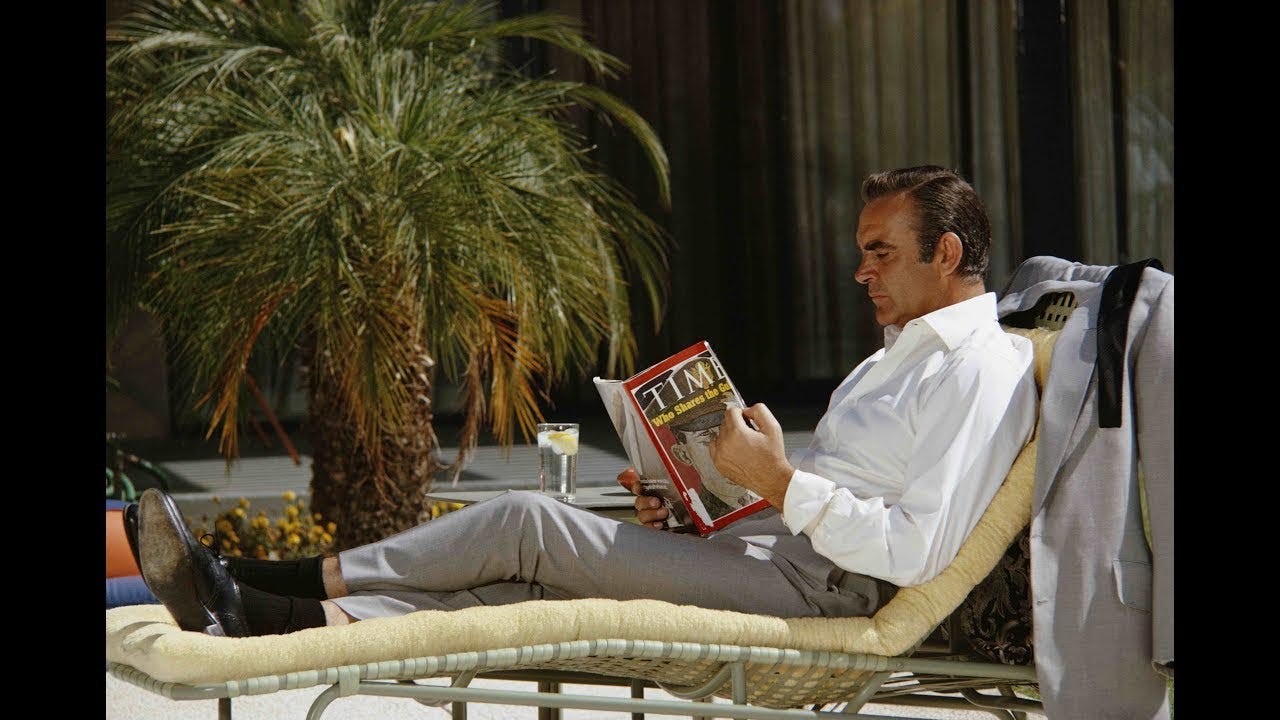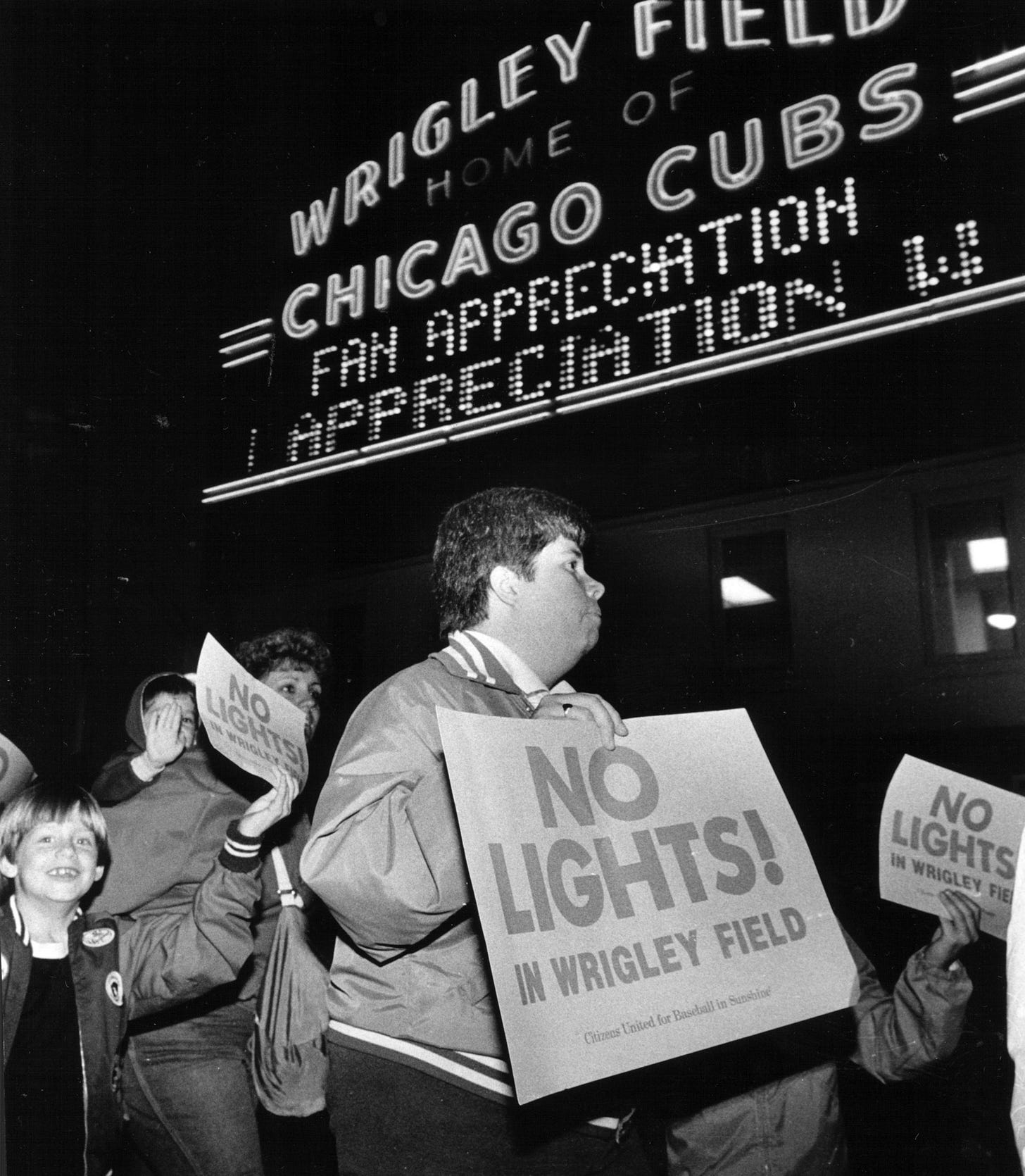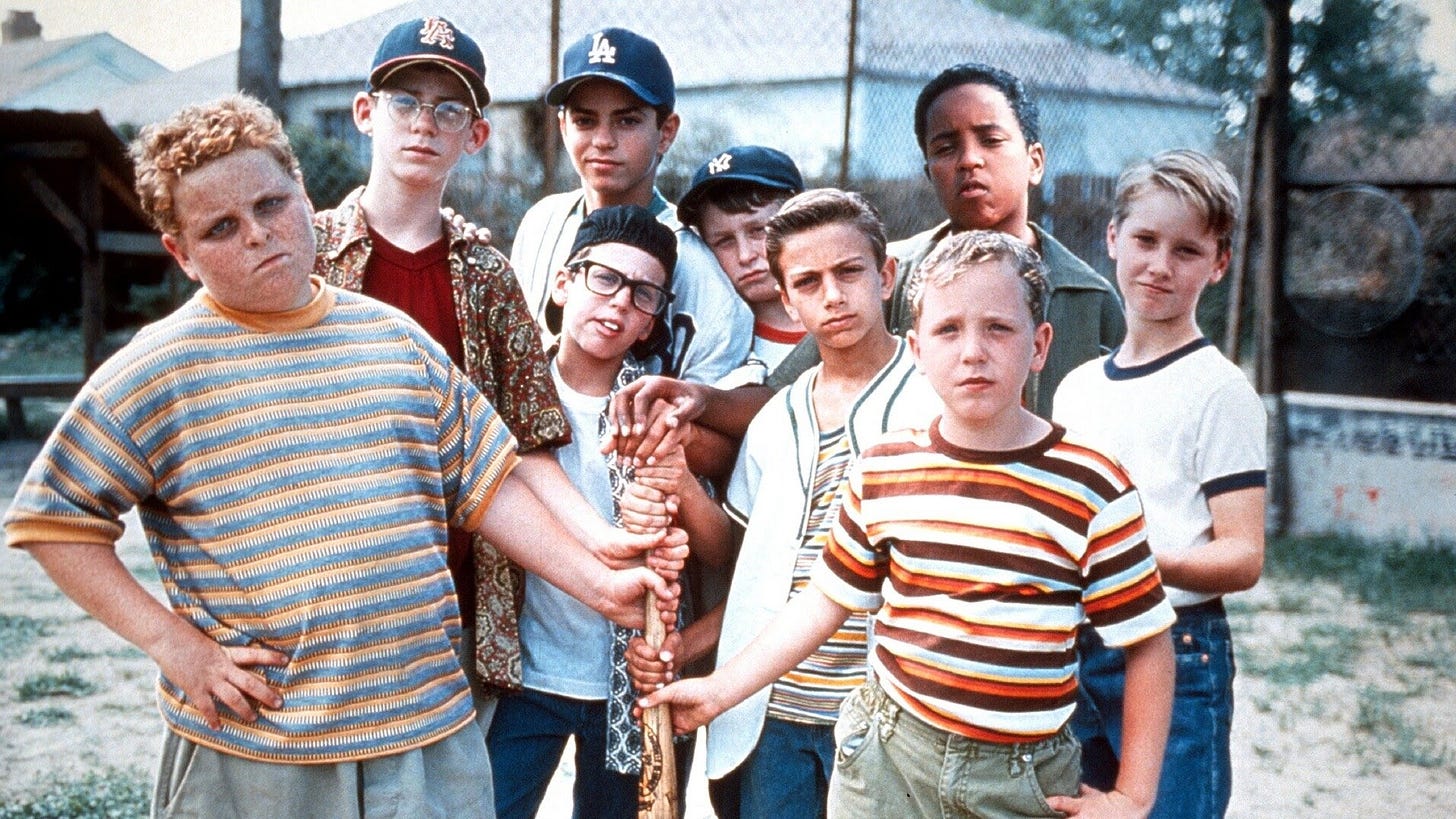“Clocks slay time... time is dead as long as it is being clicked off by little wheels; only when the clock stops does time come to life.” -William Faulkner
Summer Reading
It’s Memorial Day! Which means it’s time to start your summer right.
Sometime today, make a list of all the books you want to read, vacations you want to take, shows you want to watch, and projects you need to complete around the house between now and August 20 lest you go into September with unspeakable levels of remorse and regret.
Memorial Day is like “New Years Part 2.” It’s a new season, so let’s get out there and make some lists!!! That’s why, over the last few days, the Washington Post, Wall Street Journal, Atlantic, and every other publication that publishes things published their “Summer Reading” lists.
But I have to say…while I should probably feel exhausted by being told I need to read 28 novels this summer…I’m kind of here for it.
Because “Summer Reading” is a vestige of event-time, the idea that time isn’t about when but about what-for. It harkens back to an age where everything wasn’t boring and all the same. Living, as we do, in an age untethered from sun, moon, stars, and tides, it’s a little fun and nostalgic to link up a season (summer) with an activity (reading).
Especially one that involves paper.
Sigh.
Deciding What It’s Time For
Speaking of summer, it reminds me again of Robert Capon and his book The Youngest Day. Upon moving to Shelter Island, he tries to go his first year there without looking at a clock (!). Unsurprisingly, it makes him #notice things—such as “the world’s seemingly unbreakable resolution to keep itself on schedule,” and how dumb Daylight Savings Time really is (which is always a good take if you’re looking for a new take).
He writes:
“We take clocks too seriously; who needs to credit them with the ability to create or destroy even an hour? Only we have such power. The crucial periods of our lives—the high times, the due seasons, the decisive conjunctions in which time is really redeemed or killed…are creatures of no clock. They come to us not because metal hands impose them but because we ourselves recognize them, hear them, and seize them—because finally, instead of waiting to be told what time it is, we dare, with such light we have, to decide what it’s time for.”
That is event time: asking not “what time is it?” but “what it is time for?”
The problem is, our technological society creates conditions in which this shift is almost impossible for us to make:
For one, we are constantly being told what time it is—not only by watches, but The Smartphonez.
Second, we have already been told the purpose of time. There is only one purpose: to “save it” and “optimize it.” That is what time is for.
And third, inventions such as car, airplane, and light bulb mean you can do anything at anytime—so how do you decide what it’s time for when you can do anything at any time?
Capon again:
“Unfortunately, since the invention of the incandescent lamp and the $99 fare to Florida, we’ve tended toward the belief that with few exceptions, it’s always time for nearly everything…Yet whenever people root themselves deeply in a single place on earth, none of that is true. No hour is simply time: it is high time for one thing and not time for another. And no season of the year is a mere collection of minutes: it is a due season whose arrival can be missed as well as met. The real earth, unlike the world of night baseball, winter football, and endless summer, is a place where too early and too late still mean something, where discerning the times is a matter of life and death.”
He’s right. Some things are meant for some times.
The One Best Way
But the only problem is, beginning to ask “what is it time for,” and making the leap from “clock time” to “event time” is a bit “out of the frying pan and into the fire” (which I think is an expression people used once), because immediately we are taxed with the pressure to discover: what is the one thing I’m supposed to do?
Over at The Convivial Society, L.M. Sacases has been on this. Channelling Jacques Ellul and la technique, Sacases says we are always—at every moment—asking ourselves “what is the one best way?”
When you start to think about it, I mean, wow. Is there an area of life immune from the “one best” filter?
What is the one best way to do each task?
Where is the one best city to live?
What is the one best food to eat?
What is the one “bad” food to avoid?
Which is the one best supplement to take?
Which is the one best school for my kids?
Who is the one best spouse?
Which is the one best career path?
Which is the one best church to attend?
Which is the one best parenting philosophy?
Applied to time, the question becomes what is the one best thing to do at every moment? It can’t be “read a novel” or “watch the Succession season finale” or “make brownies.” There can only be one right answer. Yikes. It’s like the worst possible reading of Ecclesiastes: “there is a time for every purpose under heaven.”
Read books or don’t
I guess what I’m trying to say is…
I’m glad it’s summer.
I’m glad the days are longer and we have more hours of sunlight to do things.
The “Technological Society” wants to tell us we can do everything, at every time. That’s wrong. There are some things we can still do only in summer: like lay on a beach chair and read novels, or throw the baseball until 8:36 PM.
Linking season with activity is a reminder that the best question to ask is not what time it is, or how do I maximize or optimize this time, but what is the time for?
But there’s no “one best answer.” There are some bad answers, but also some equally good ones. So this summer, do some things God would have you do. You can’t do everything—but you can do some things. Regardless, “at the right time” Christ died for the ungodly. He did the “one best thing.”
So go now in peace, to do your summer things. Read some books, or don’t.







Wow I've never considered this topic so I really appreciate your words on this! Gives me something to think about for sure!
Jordan, loved this one! You are an excellent writer. This "time" it has really made me think quite a lot. I like how you said Memorial Day is like New Year's Eve part 2. I have lots I want to accomplish this summer, but I am now going to reevaluate my list! Thanks for sharing your gift of being an excellent writer!